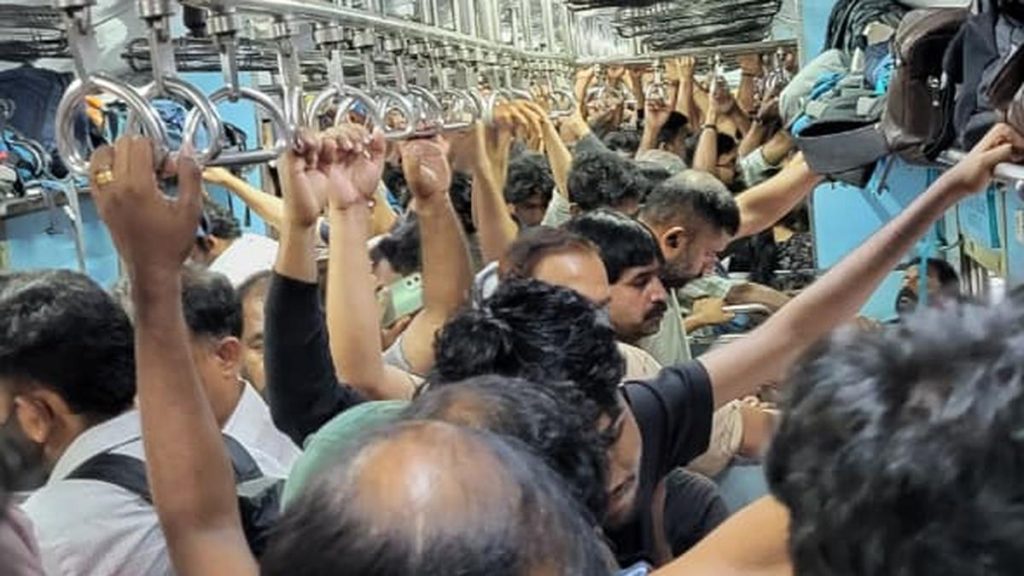Now Reading: Survey Aimed at Dividing Hinduism, Claims Ashok
-
01
Survey Aimed at Dividing Hinduism, Claims Ashok
Survey Aimed at Dividing Hinduism, Claims Ashok

Quick Summary
- Karnataka began a socio-educational survey on Monday, which has been criticized by Leader of the Opposition R.Ashok as an attempt to “divide Hinduism” along caste lines.
- At a press conference in Bengaluru, Mr. Ashok accused the Congress government, led by Chief Minister Siddaramaiah, of using the survey under the influence of senior Congress leaders Rahul Gandhi and Sonia Gandhi.
- Mr. Ashok questioned the inclusion of caste names in a socio-educational survey and urged ministers opposing it to resign from their positions.
- he also alleged that chief Minister Siddaramaiah is encouraging religious conversions instead of preventing them, claiming this violates constitutional principles.
- The Opposition leader rejected state surveys as non-official compared to centrally conducted Census data and warned that future governments might invalidate such surveys.
Indian Opinion Analysis
The socio-educational survey in Karnataka has sparked meaningful political controversy, with allegations from the Opposition regarding its intent and implications. Surveys exploring caste for educational or developmental purposes often become contentious in India due to their potential sociopolitical impact. Opponents argue these efforts may deepen divisions among communities; proponents generally view them as tools for ensuring equitable policymaking.
In this instance, R. Ashok’s argument highlights concerns over perceptions of political motives behind such initiatives. While official Census data carries wider acceptance at both state and national levels due to its standardization under federal authority, any divergence via state-run surveys could challenge uniformity or raise questions about authenticity over time.
For Karnataka’s citizens-many of whom rely on affirmative policies tied to social metrics-the accuracy and intent behind these exercises are crucial for building trust in governance structures without inflaming sectarian narratives.

























